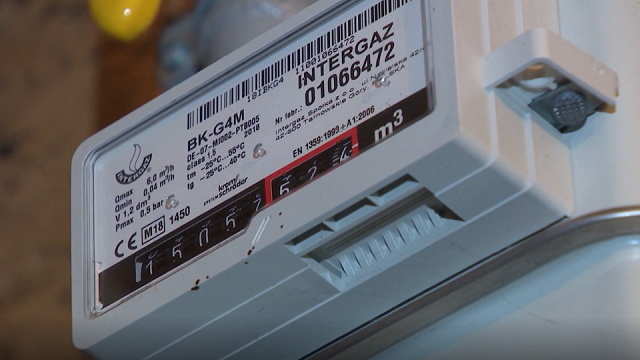To successfully target benefits, the State should see who needs it the most. The amount of salary or pension alone cannot be a criterion. For example, the monthly income of €1,000 for a person living alone means more than for a person who has to raise two children for that €1,000. At the national level, however, it is not possible to quickly assess the situation. This task is partly carried out by municipalities, but is also insufficient.
Latvian Association of Local Governments (LPS) Councillor Sanita Šķiltere said that local governments only see this information about those who turn to social services and ask for assistance.
“But it's in manual mode. Yes, of course, through computers, but that level of automation is very small. Twelve years ago we wanted a lot more, we were rejected. But given the number of people who could potentially have problems, it has to be done automatically,” she said.
Prime Minister Krišjānis Kariņš (New Unity) blames the system for failing to do so. On May 19, he told Latvian Radio: "What does not satisfy me is that our Ministry of Welfare, it is perhaps a systemic fault, [..] is unable to calculate or determine how to calculate the household income in the country."
The Ministry of Welfare (LM) said that there have been discussions on more targeted opportunities, but there has not been time to organize the system. Deputy State Secretary of the Ministry Elīna Celmiņa said it was discussed last winter, but 'these are not things that can be created within one month.'
The required data are in fact already in national databases, but in different institutions. The State Revenue Service (VID) contains data on income, the State Social Insurance Agency (VSAA) and local governments – on benefits already paid, while the Office of Citizenship and Migration Affairs (PMLP) – on the residence of persons, after which the size of one household can also be determined. That information should be incorporated into one system. A new, more focused approach to the offer should be clear by June 14 and the ability to start it from September 1, according to the Prime Minister.
“We are talking about the first three lower-income quintiles, income groups,” said Welfare Minister Gatis Eglītis. According to the latest figures for 2020, the three lower-income groups mean households where the total income per person is on average up to €509. The LM acknowledges that a fourth quintile (an average of €721 per household member) is close, where support can also be talked about. On the other hand, the fifth group, with around €1400 per person in the household, would be the least likely to require assistance.
If an automated system to distinguish these groups does not succeed, municipalities are concerned that they will not cope with the volume in the autumn.
The Ministry of Environmental Protection and Regional Development (VARAM), which deals with government e-solutions, said it would not be difficult to link up the data itself but the criteria, the principles, and ways of granting aid. Until it is clear, too early to talk about the rest, according to VARAM.





























